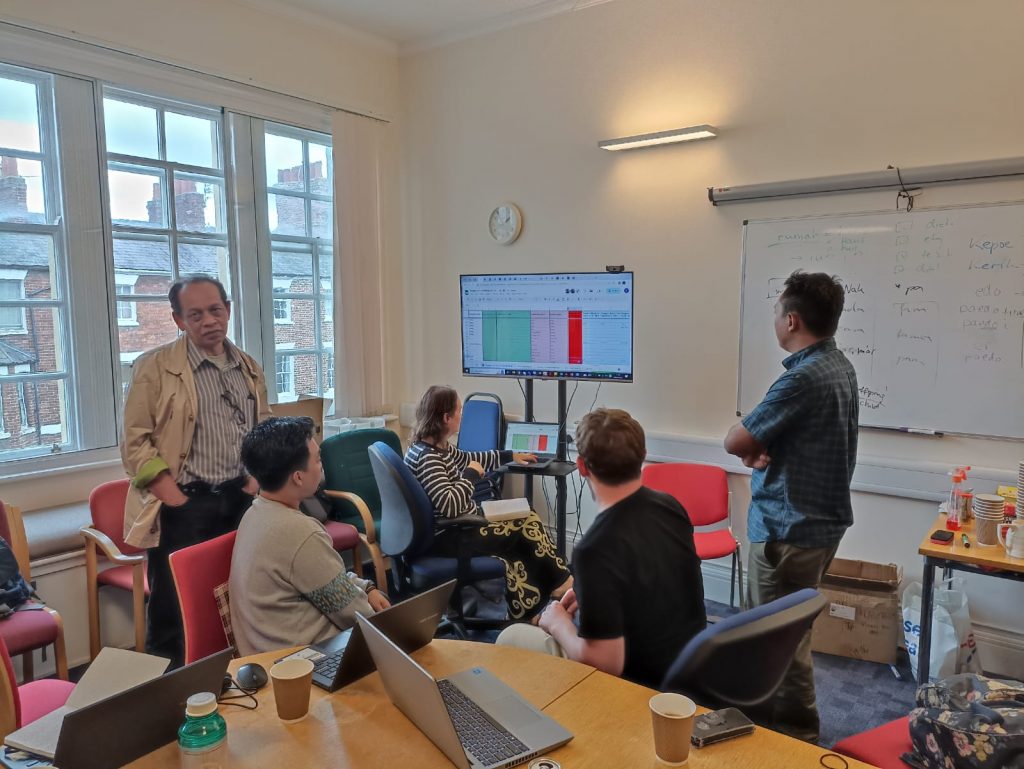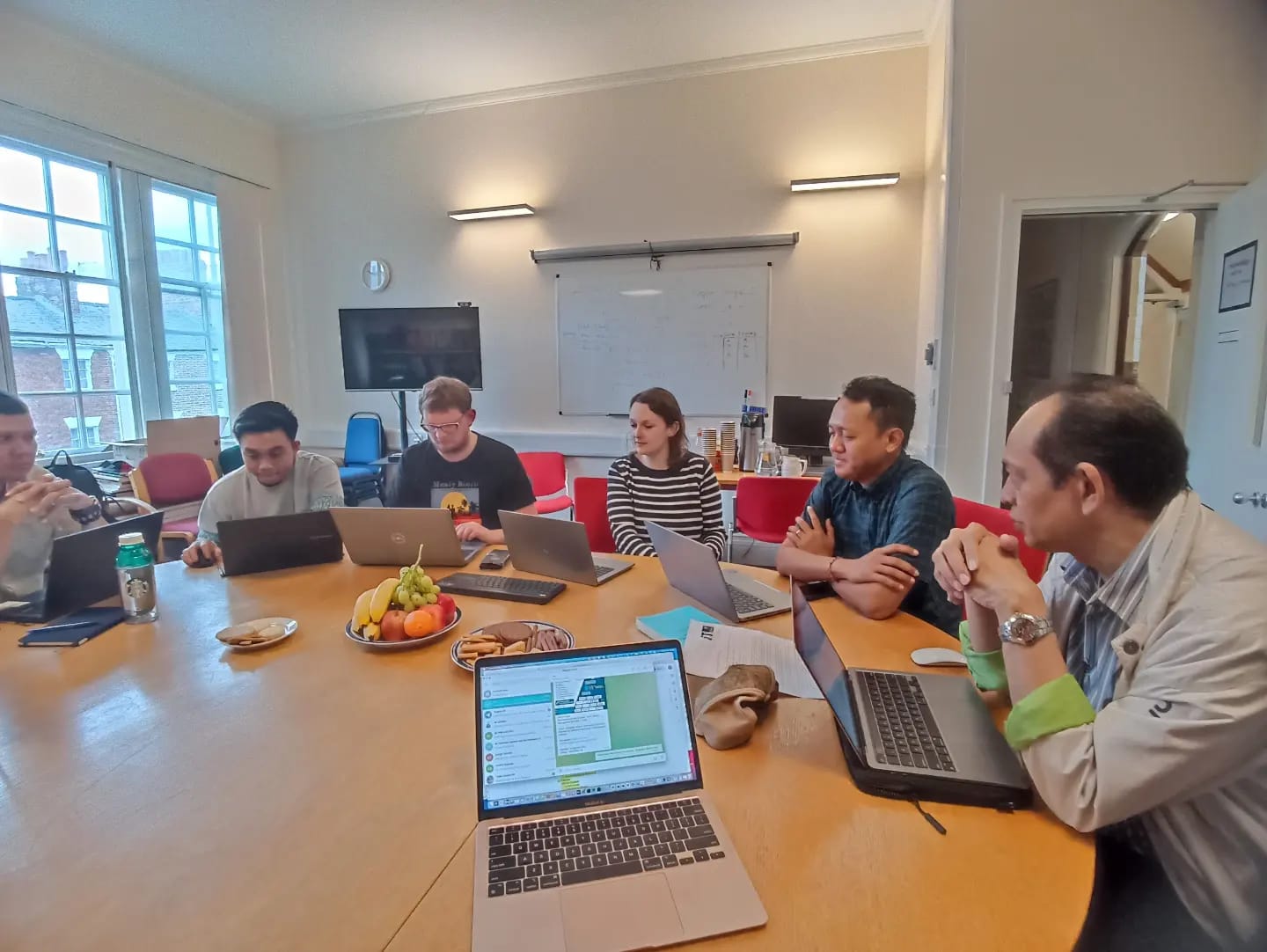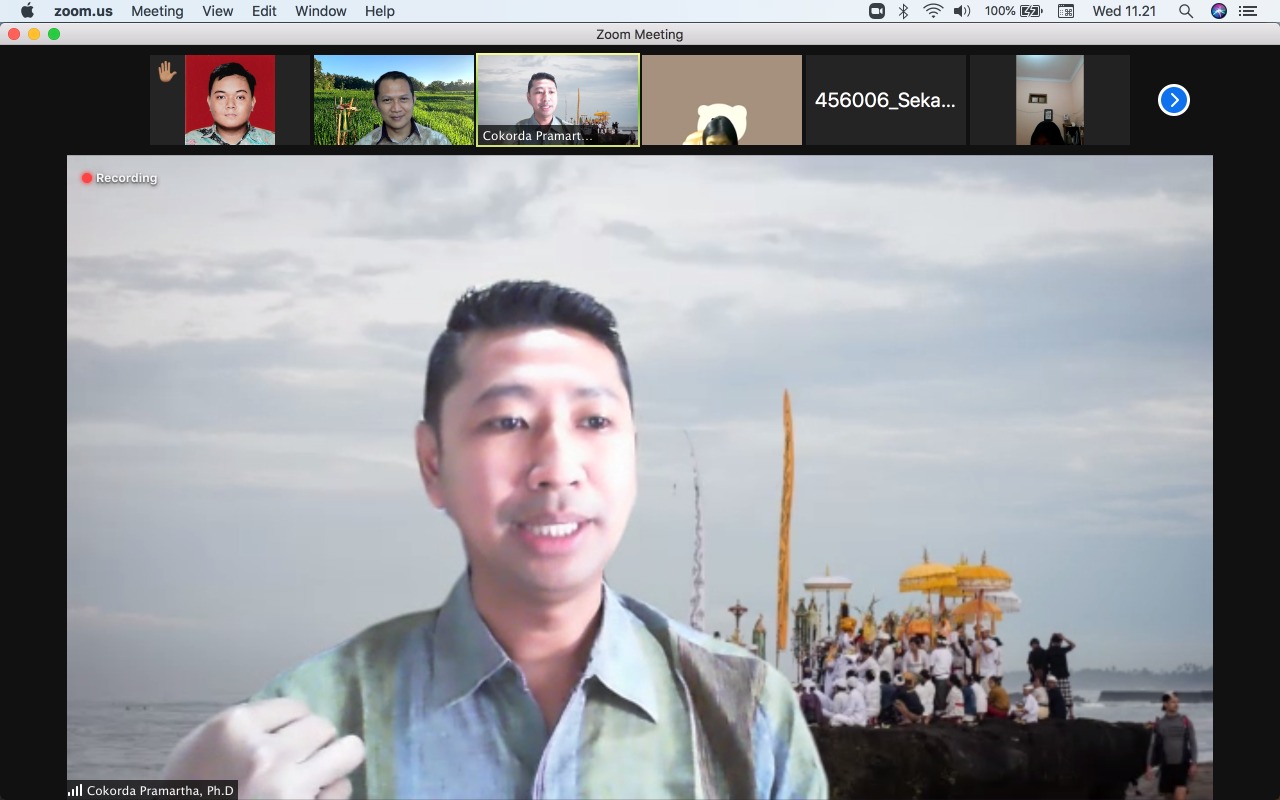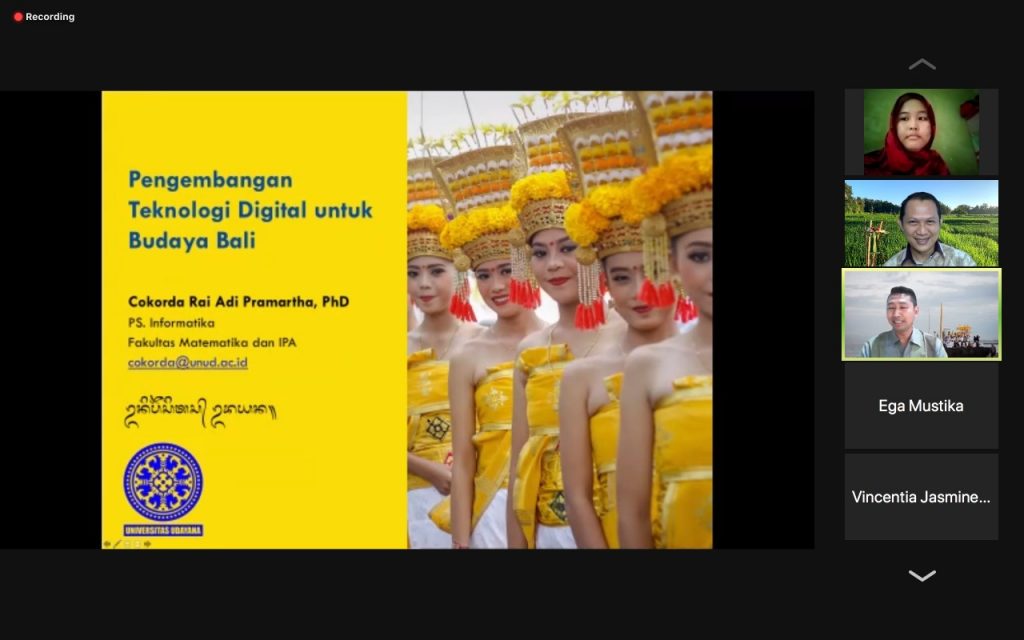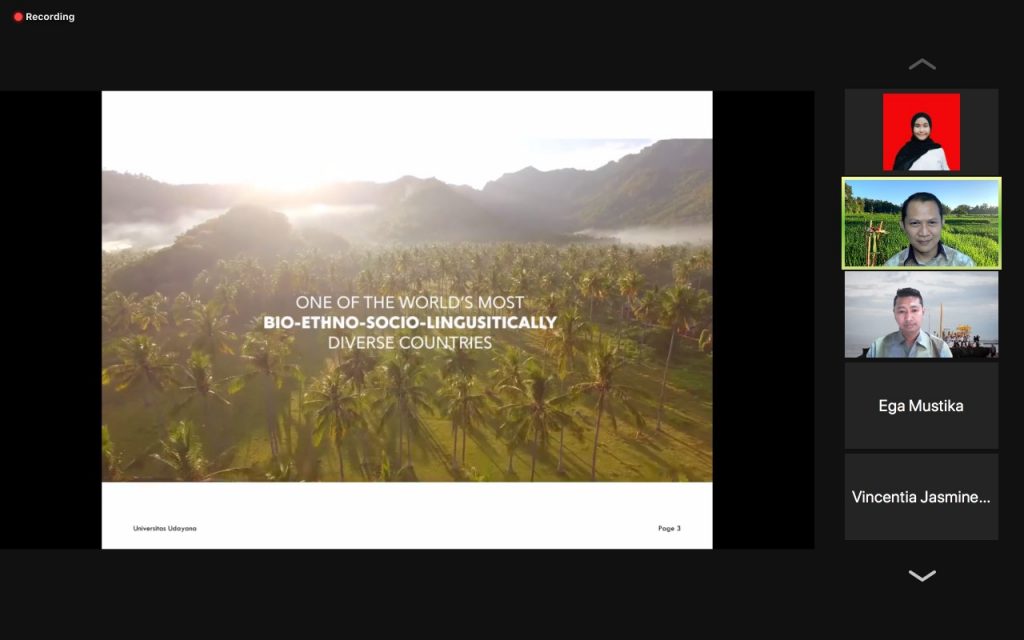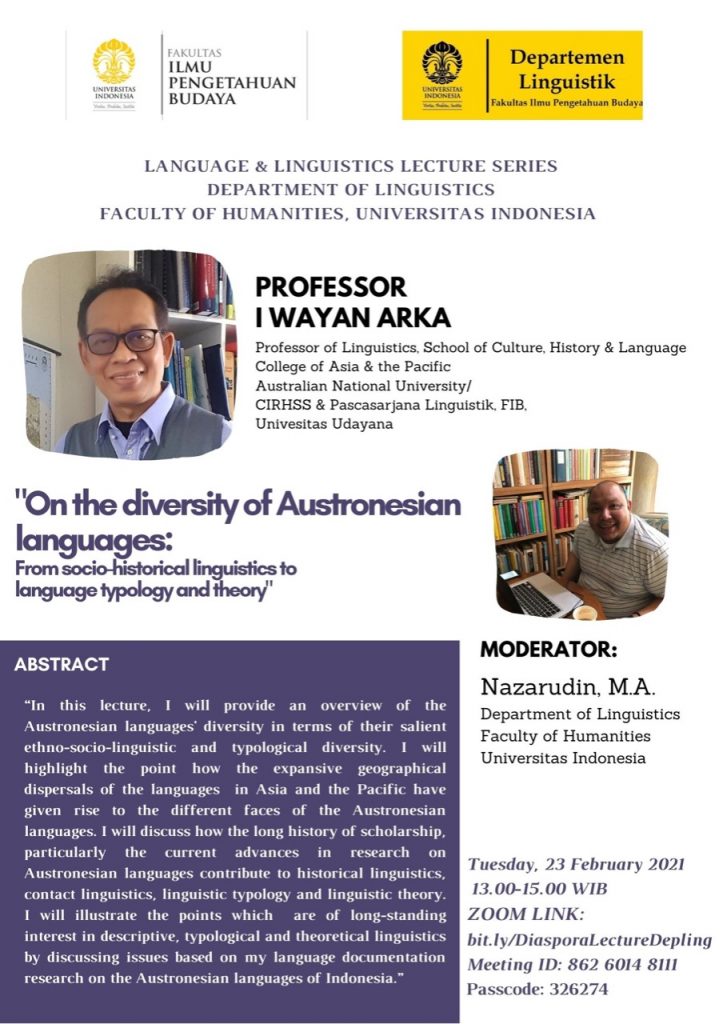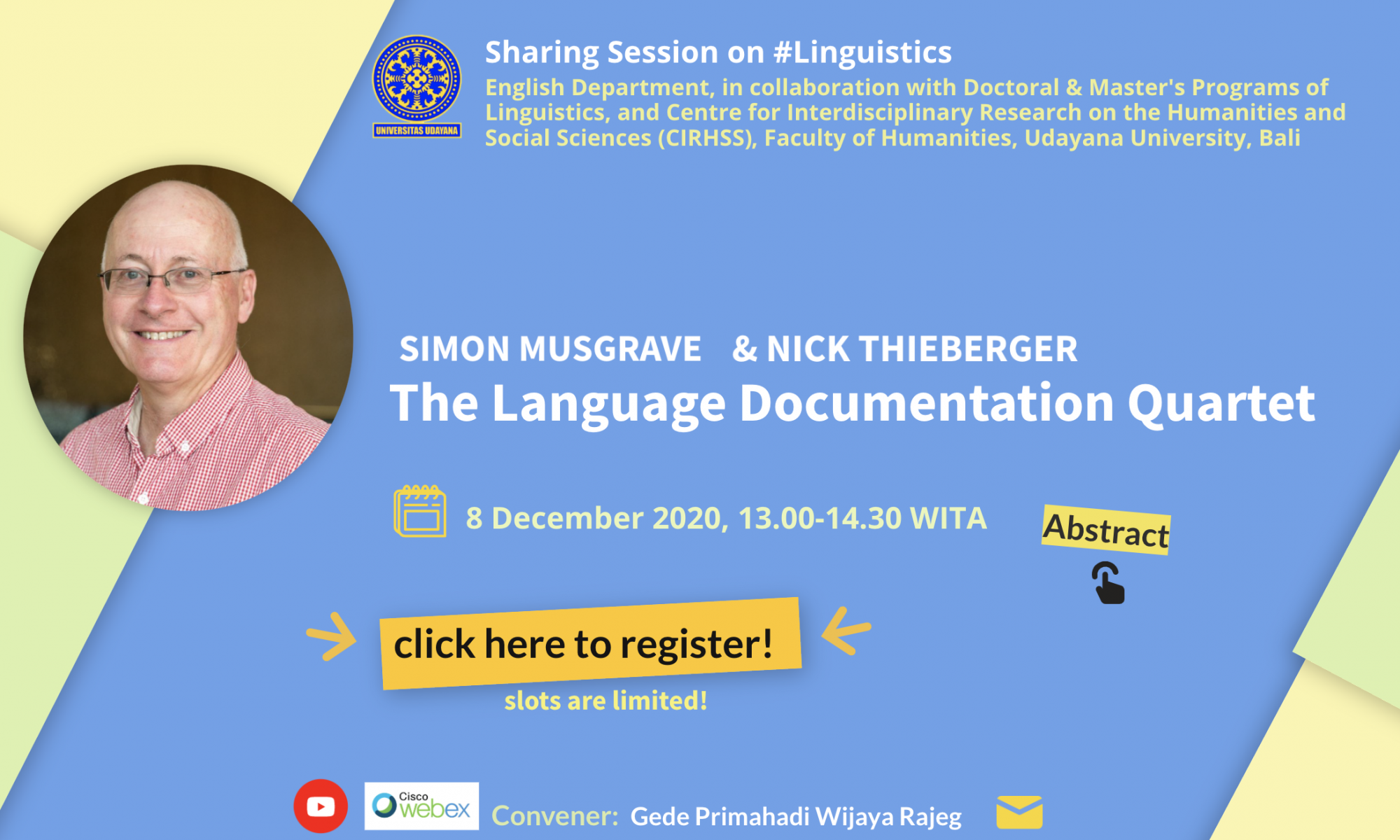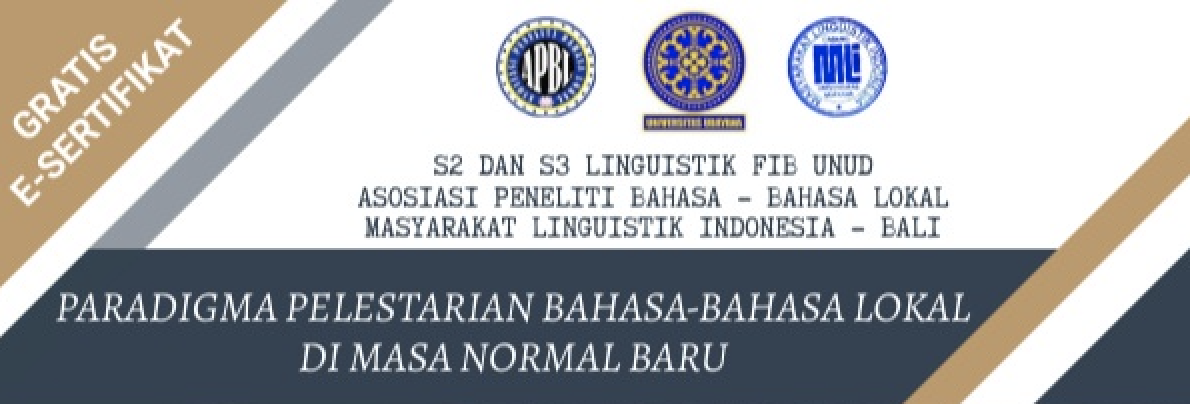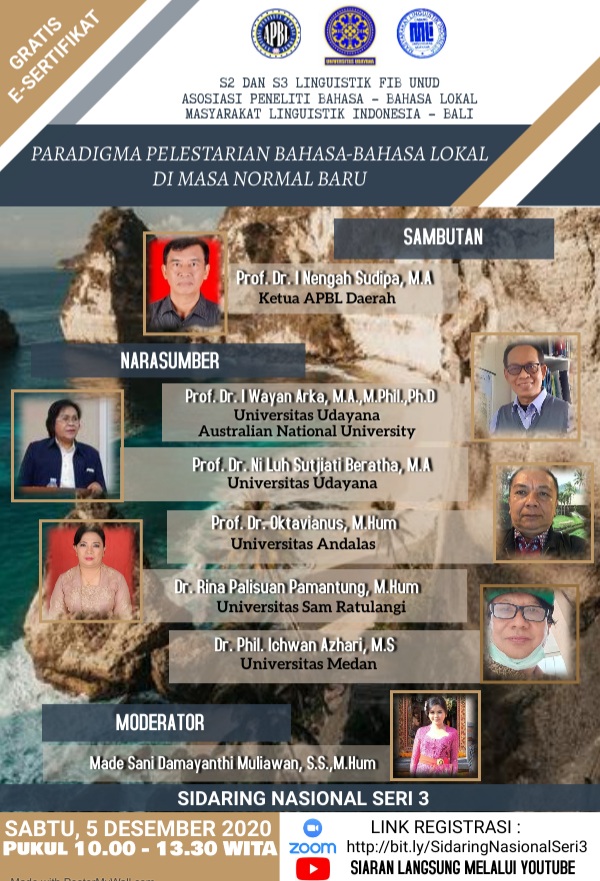Enggano, with about 1500 speakers, is spoken on Enggano Island, off the southern coast of Sumatra, Indonesia, with a population of about 4000. Enggano is classified as “threatened”: only the elder generation are fully competent and fluent speakers. Many children speak Indonesian and little to no Enggano. Intensified contact with non-Enggano speakers is likely to continue and spread throughout the island, to the detriment of Enggano.
Our work on the Enggano language began with a pilot visit in February 2018, where we met with elders of the five Enggano clans, recorded some traditional stories, and worked with some younger speakers to record some verbal paradigms. We also visited an elementary school and the high school, discussed our project with the headmasters and some of the teachers, and gave presentations about our project to the students.
In 2018-2019 we received funding to continue the project from the Endangered Language Fund (2018-19) and Oxford’s John Fell fund (2018-19). In 2019 we were awarded a grant by the Arts & Humanities Research Council, UK for the project Enggano in the Austronesian family: Historical and typological perspectives, and in 2022 we were awarded a second AHRC grant, Lexical resources for Enggano, a threatened language of Indonesia.
Source: https://enggano.ling-phil.ox.ac.uk
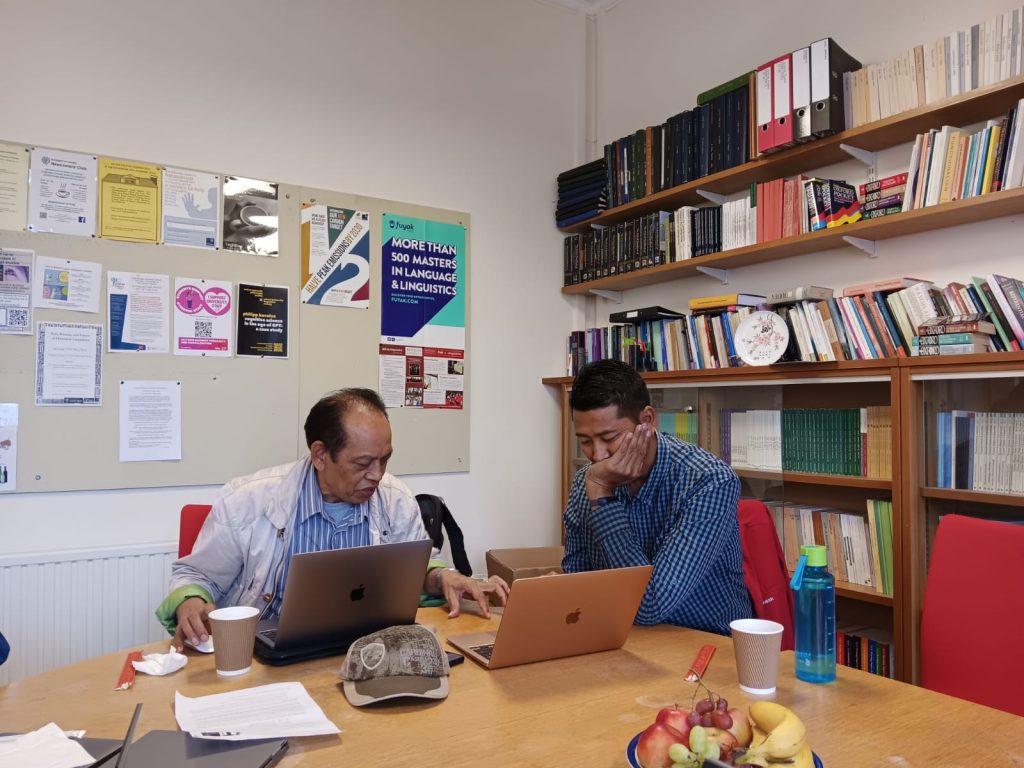
This research collaboration involves several distinguished scholars:
- Prof. Mary Dalrymple, University of Oxford
- Prof. I Wayan Arka, Australian National University/Udayana University
- Prof. Bernd Nothofer, Goethe-Universität Frankfurt am Main
- Prof. Ketut Artawa, Udayana University
- Dr. Charlotte Hemmings, University of Oxford
- Dr. Gede Primahadi Wijaya Rajeg, University of Oxford/Udayana University
- Dr. Arono, University of Bengkulu and Australian National University
- Mr. Dendi Wijaya SPd MHum, BRIN
- Mr. I Komang Sumaryana Putra, Udayana University
- Mr. Erik Zobel, independent researcher/peneliti independen
- Dr. Daniel Krauße, CNRS-Lattice, ENS – Université Sorbonne nouvelle
- Dr. Sarah Ogilvie, University of Oxford
- Prof. Cokorda Rai Adi Pramartha, Udayana University
- Dr. Yishan Huang, Australian National University
